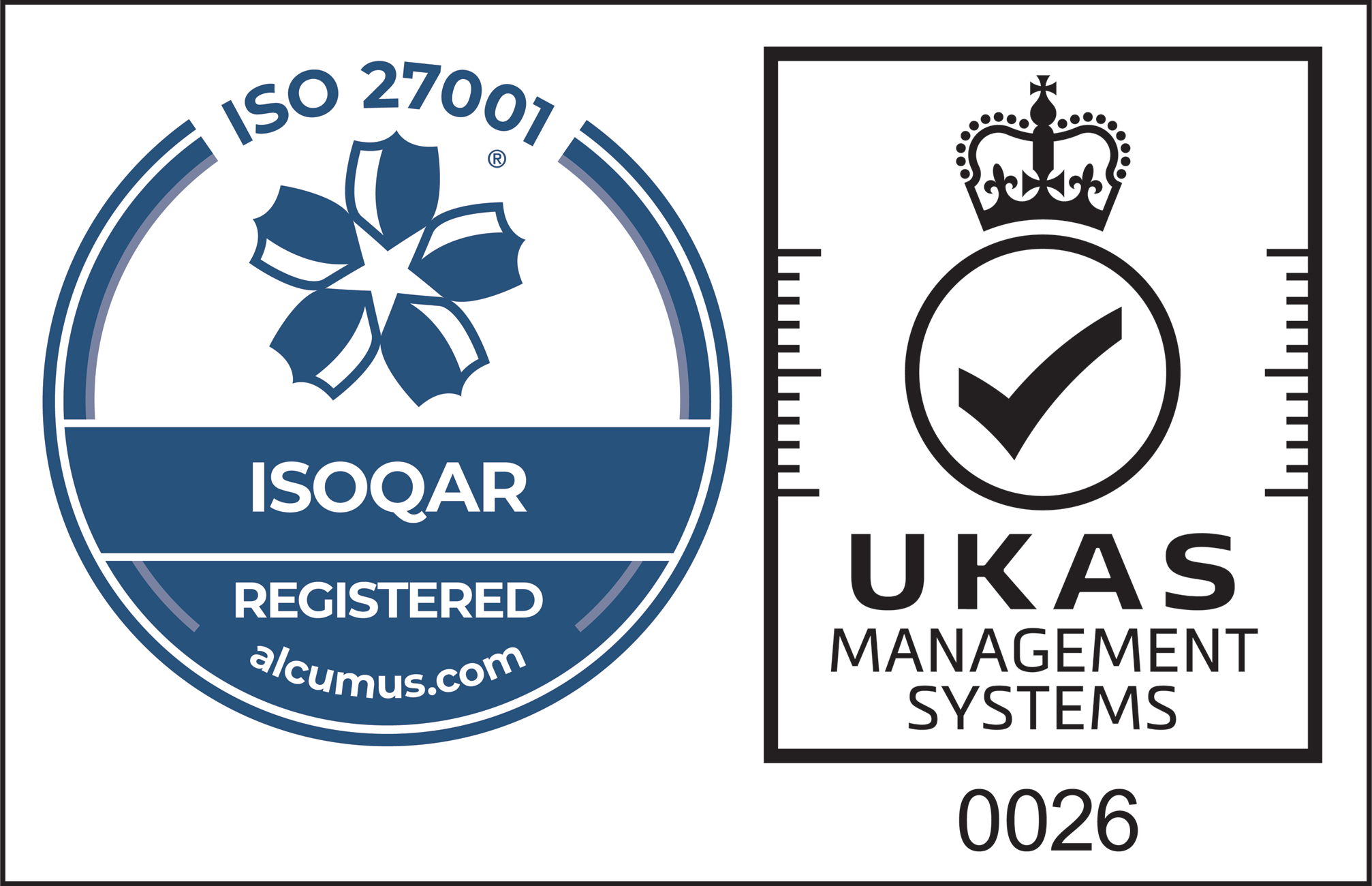AI: It’s a new dawn, it’s a new day, it’s a new way of customer support and engagement
With headlines stating that AI will be ‘the death of the contact centre’, it’s understandable that Contact Centre Managers might feel like the world is against them.
AI-driven technology is not new, in fact people been talking about it since the summer conference at Dartmouth College in 1956, where the attendees became leaders of AI research. With predictions of an AI-first world since 1956, why is that AI-powered technology is causing more and more confusion, hype and fear this decade with trending headlines stating that robots will take over our jobs, causing concern about the long-term impact of AI on the employees?
Well firstly, it’s this shorthand referral to AI that is causing a lot of confusion, hype and fear around this subject. Like computing, it’s hard to distinguish between classifications for AI, the broad term, used to describe the ‘smart’ human-like capability within software such as machine learning, natural language processing, robotics and computational intelligence, which all refer to a wide variety of algorithms and methodologies under AI.
So where does AI fit into the contact centre?
Businesses can no longer afford to rely on archaic siloed channels for customer support and experience. As consumers grow more and more comfortable with messaging, AI applications offer the contact centre some dramatic benefits that stretches way beyond customer support. AI can play a vital role in making better business decisions, many of them positively impacting the customer.
Many brands understand that their customers will expect support across multiple digital channels, regardless of business hours and that site search, static FAQs and info@ email options have become archaic. Businesses must be ‘present’ on their customers’ preferred support channels and respond swiftly, no matter the means customers use to get in touch.
Investing in AI might sound like a daunting task, but it is imperative in our evermore competitive world where businesses need to win the CX war to remain relevant and profitable. For AI to introduce new value and break fresh ground, strategists must take an innovative approach to CX and consider its impact beyond its novelty.
Small steps are key to preparing for the ever changing CX landscape. The light in this confusing artificially intelligent world of darkness are that there are ‘modest’ AI-powered solutions that can translate into cost savings, increased productivity and improved customer experience with minimal demands on IT resources.
Commonly known as Natural Language Understanding (NLU) – a machine algorithm to process and analyse large amounts of natural language data to ‘understand’ natural language – it’s easy to underrate the powerful impact this science can have on business processes and the contact centre.
Although human language is extremely complex, full of contextual rules and nuances that we take for granted, the advances in Natural Language Processing today means the complex processing of the NLP system’s back-end is effortlessly encased within a user-friendly interface without requiring users to have technical expertise.
NLU is a supreme AI engine particularly when it’s integrated into services such as conversational Virtual Agents (chatbots), dynamic FAQ self-service, Intelligent Web Form and agent assistance in the contact centre through channels such as Live Chat, can be key to deflecting calls, reducing costs and improving customer satisfaction. Consequently, market movements are already showing strong signs of businesses within a variety of sectors moving towards this type of AI technology to remain applicable and competitive.
How NLU makes sense in the contact centre
NLU can offer a lot more to the modern-day contact centre. As a toe in water into the world of artificial intelligence, when integrated with unstructured data – such as handwritten documents or notes by contact centre agents, text messages, photos and videos – AI-driven NLU can add considerable gains in workplace efficiency.
A contact centre knowledge-base integrated with AI-driven NLU can automate the processes of searching, modifying, and rating knowledge-articles, which could be any of the above-mentioned examples not only saving time in having to manually find information, but a dramatic increase in contact centre productivity.
It enables new or temporary agents to serve customers almost instantly with reduced training times and access to instant, correct and consistent information over the phone, during a live chat or through email. NLU algorithms often can contextualise information to find mentions of subjects even when the relevant keywords are absent.
Gartner predicted that in 2019, 20 percent of user interactions with smartphones will take place via virtual personal assistants.
The truth is they were not far off. Advances in text analysis and natural language processing has grown the list of queries that can be answered, and tasks resolved without human interaction. And since 2016, the popularity of using NLU in the form of chatbots to drive sales, qualify leads or to provide customer support, have had analysts forecast that conversational commerce will automate up to 85% of customer interactions
by 2020.
Smartphones have changed the way in which people communicate and engage with each other. Messaging apps and social media are driving the exponential growth in the intelligent assistant landscape because it feels intimate and personal, encouraging customer transactions such as buying a product, present targeted promotions and product recommendations based on the customer’s enquiry, profile and history incorporating real-time analytics and business reporting. Bots are unmediated in a way that most digital interface still entirely fails at.
With an intelligent bot handling high volume, frequently asked questions, your contact centre agents can focus on resolving complex customer issues. Additionally, due to working in the most efficient way possible, bots can handle spikes in customer contact to digital platforms, while dramatically decreasing the volume of physical calls which makes it easier to stay on top of demand and to record interactions on a CRM system or for analytics and training. Given its scalability, a bot implementation is a cost-effective opportunity for business improvement. An affordable, intelligent point of contact that can efficiently respond to an unlimited number of queries with relevant information, any day, any time.
Self-serving answers when customers need assistance across desktop, mobile and social channels is not a new concept anymore. This is not news to enterprises either and most will have incorporated – or are looking to integrate – a powerful intelligent FAQ system into their customer service/experience strategy. And although there appears to be an AI-uncertainty among business leaders, small steps need to be taken towards implementing AI to not get left behind.
NLU’s adaptability and usability make it an ideal first AI step for businesses of all kinds, generating quick win efficiencies in the short run, and more importantly preparing them for more complex AI solutions in the future. Are you ready to take the next step towards AI that can deliver quick-win business results?

